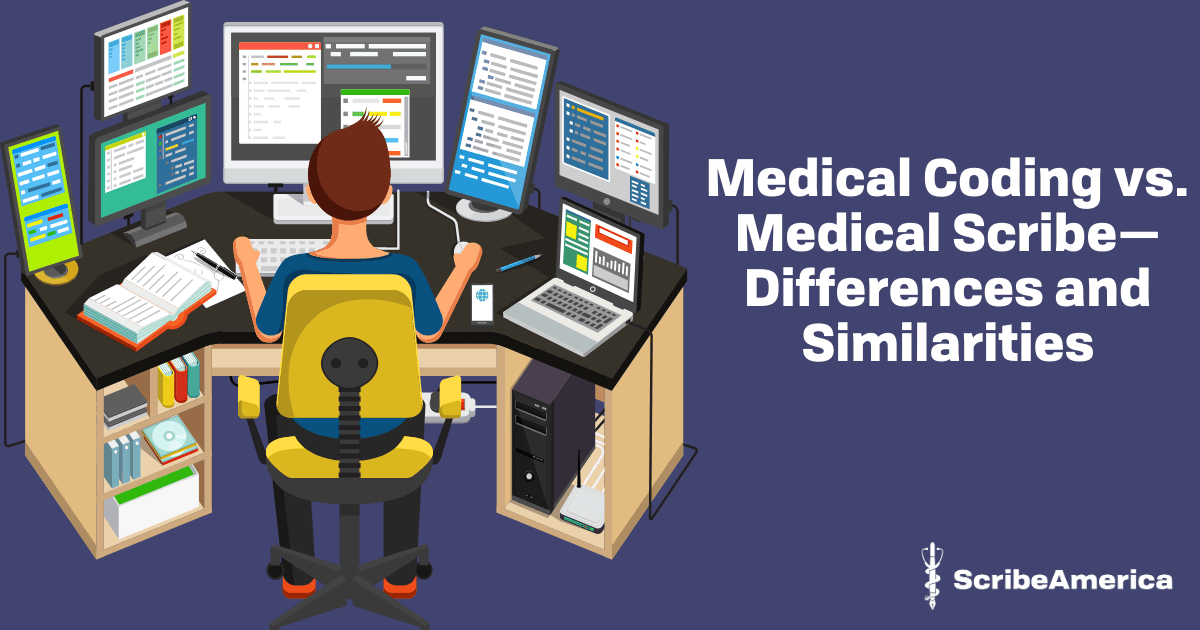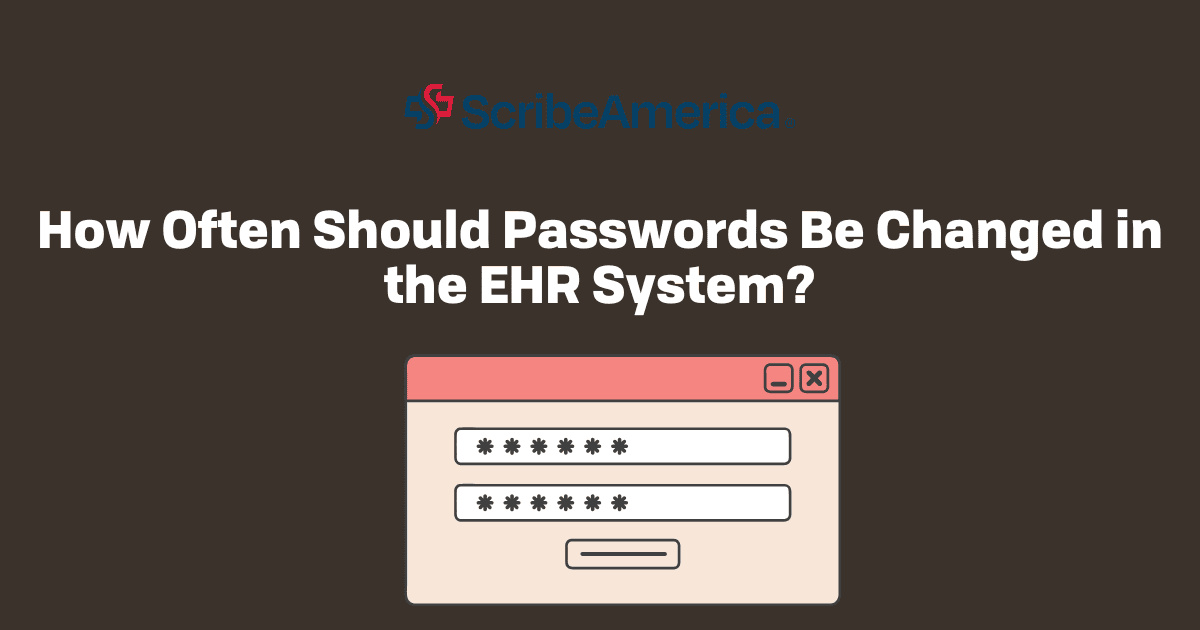Key Takeaways:
- Medical scribe vs medical coding: Medical scribes document real-time patient-physician interactions and update Electronic Health Records (EHR), directly supporting clinical workflows and physician efficiency.
- Medical coders translate medical information into standardized CPT and ICD codes, which are essential for billing, insurance claims, and healthcare data analysis.
- Difference between medical coding and medical scribing: These roles operate at different stages of healthcare documentation—scribes focus on capturing visit details live, while coders work later to assign codes for administrative and financial purposes.
- Medical coding or medical scribing—which is better? Both are vital. Scribing benefits clinical care by reducing physician workload, while coding underpins the financial structure of healthcare. For those aiming to enter medical school, scribing offers valuable clinical exposure.
What is the difference between medical coding and medical scribing? The former refers to the technique of recording medical information using a universal language: codes from the Current Procedural Terminology (CPT) and International Classification of Diseases (ICD); the latter records whole patient-physician interaction and enters the data into the Electronic Health Records (EHR). In this article, we look at these differences in more detail. We invite you to read on.
Medical Coding vs. Medical Scribing Explained in a Nutshell
To begin with, we need to look at what a medical scribe does vs. the general definition of medical coding.
Medical Scribe
What is a medical scribe? It’s a person trained to observe a physician’s interactions with their patients and to record them. Medical scribes later input the most crucial information into the EHR system, ensuring that patient files are up to date.
Medical Coding
Medical coding refers to the practice of translating information into specific codes. It includes information such as:
- visit type,
- symptoms,
- tests,
- prescribed medicine,
- suggested treatment.
Medical coding and billing are often referred to together, as the former is primarily used for the latter. However, such codes might also be used for statistical analysis and research.

The Difference Between Medical Coding and Medical Scribing Explained
So, what is the main difference between medical coding and medical scribing? They touch upon different stages of healthcare administration.
Medical scribes create patient records and fill them with information recorded during patient visits (physicians might also do this if they don’t work with a scribe). They are the ones that keep the records up to date, ensuring that all the information there is accurate.
Medical coders approach the records at a much later stage. They do not input any information into it; instead, they extract the data and translate it into standardized codes. These codes are most commonly used to assess the costs of a patient’s visit and turn them into insurance claims.
Medical Coding vs. Medical Scribing: Which One Is Better?
If we look from the perspective of improving patient care, medical scribing has slightly more pros—it gives physicians more time to treat patients and reduces the risks of burnout. Simply said, it impacts everyday care and the physicians on a higher level than coding. However, physicians can (and often do) work without medical scribes. What about medical coding?
Here, it gets more tricky—medical coding is crucial for billing and creating insurance claims. Hence, if we removed it from the equation right now, we would have to reshape the whole system—it’s the cornerstone of the healthcare system. Plus, we need to add the other benefits of coding, such as the possibility of researching particular conditions and their treatments quickly. So, instead of discussing which one is better, the goal should be to provide both in the healthcare system.
What about work? Medical scribe vs. medical coding jobs: which are better? We recommend the former, as it gives you an opportunity to shadow the physician and learn more, especially if you are planning to apply to a medical school.
The Takeaway
We need to conclude our article on medical scribing vs. medical coding by underlining that both are crucial for the healthcare system. Thus, we should see further development regarding them, with a particular rise in medical scribe jobs, as more medical facilities see the benefits of hiring them.
You might also read: The Future of Healthcare - What's in the Cards?





